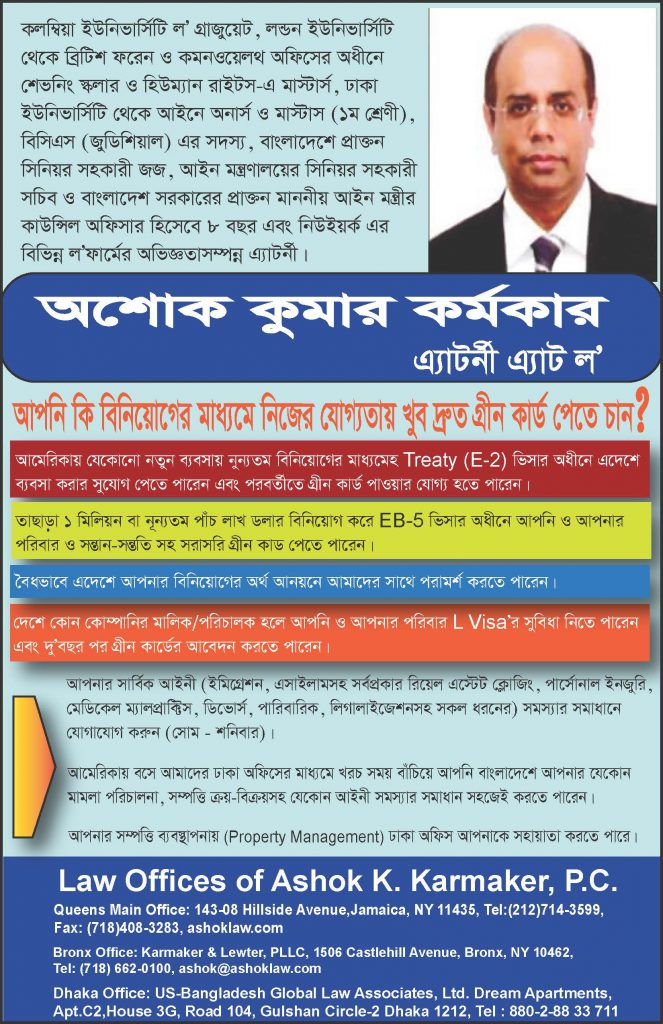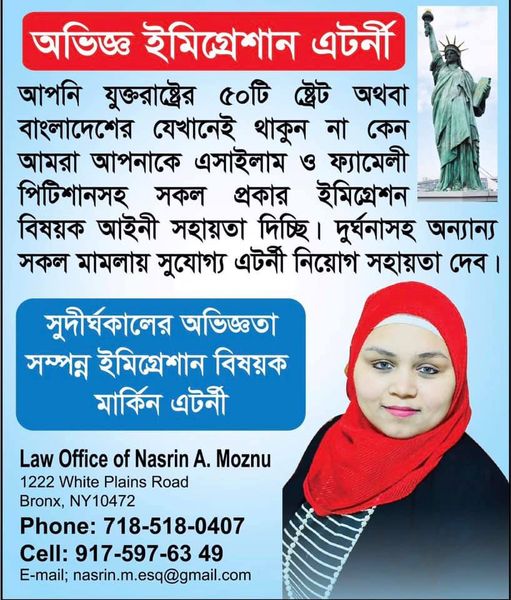Ambassador Muahmmad A. Muhithhighlights the urgent need for action to resolve protracted Rohingya Crisis

USANewsOnline.Com, New York : “While the 2017 crisis still remains unresolved, Rohingya Muslimsin Rakhine are faced with renewed risks,as the armed conflict between Myanmar military and Arakan Army resumes” – said Ambassador Muhammad A. Muhith, Ambassador and Permanent Representative of Bangladesh to the United Nations before the Security Council 4 April. He was speaking at the Open Briefing on Myanmar convened by Maltese Presidency to discuss the recent escalation in the Rakhine State and its implications on the civilians, especially the Rohingya minorities.
The Council heard from Mr. Khalid Khiari, the Assistant Secretary-General at the Department and Political and Peacebuilding Affairs and Lisa Doughten, Director at the UN Office for the Coordination of Humanitarian Affairs. Apart from the members of the Security Council, Malaysia, Indonesia and Bangladesh spoke before the Council.
In his remarks, Ambassador Muhith highlighted that the recent escalation in Rakhine has affected the pace of the repatriation process, which is the ultimate solution to the Rohingya crisis. He expressed hope that the process could commence again as soon as the conditions improve. In this regard he called upon Myanmar to demonstrate genuine political will and cooperate with Bangladesh for implementation of the bilateral arrangements of return signed in 2017 and 2018. “We also solicit meaningful and effective engagements of the international community,especially the regional organizations, and regional and neighbouring countries, in restoring peace and stability in Rakhine and supporting reintegration of the future returnees;” he added.
Referring to the UN Security Council Resolution 2669, Ambassador Muhith underscored the need for creating conducive environment in Rakhine and addressing the underlying root causes of vulnerability among Rohingya minorities, which are entrenched mostly in Myanmar’s discriminatory legal and political framework. “Unless those underlying causes are addressed, the bilateral and regional efforts are unlikely to succeed’, said Ambassador Muhith.
Ambassador Muhith outlined several expectations for addressing the crisis, including the need for the UN to strengthen its presence in Myanmar, regular reporting on the implementation of Security Council resolution 2669, ensuring accountability for crimes committed against Rohingya Muslims and ongoing violations of international humanitarian law, and the timely implementation of the key agreements and recommendations. Additionally, he emphasized the importance of international partners’ support in creating a sustainable environment for Rohingya reintegration in Myanmar society.
Referring to the negative social, economic, environmental and security problems faced by Bangladesh due to protracted presence of the Rohingyas in Bangladesh, Ambassador Muhith called for the Council’s attention to the situation in Rakhine and meaningful action, with a view to attaining, among others, a comprehensive and sustainable solution of the Rohingya crisis.
The other speakers also expressed deep concern at the escalation of conflict and violence in Myanmar, called upon the authorities to take all measures to address root causes of conflict in Rakhine and create conditions for voluntary, safe, sustainable and dignified return of all displaced Rohingyas and the Internally Displaced Persons (IDPs). They also called for greater international unity and support to the efforts of the UN and the ASEAN in pursuing peace and stability in Myanmar in line with Security Council Resolution 2669.
The speakers applauded Bangladesh for its continued humanitarian leadership in sheltering over a million Rohingya and urged others to support to the humanitarian response in Cox’s Bazar until the displaced Rohingyas are able to return.


























